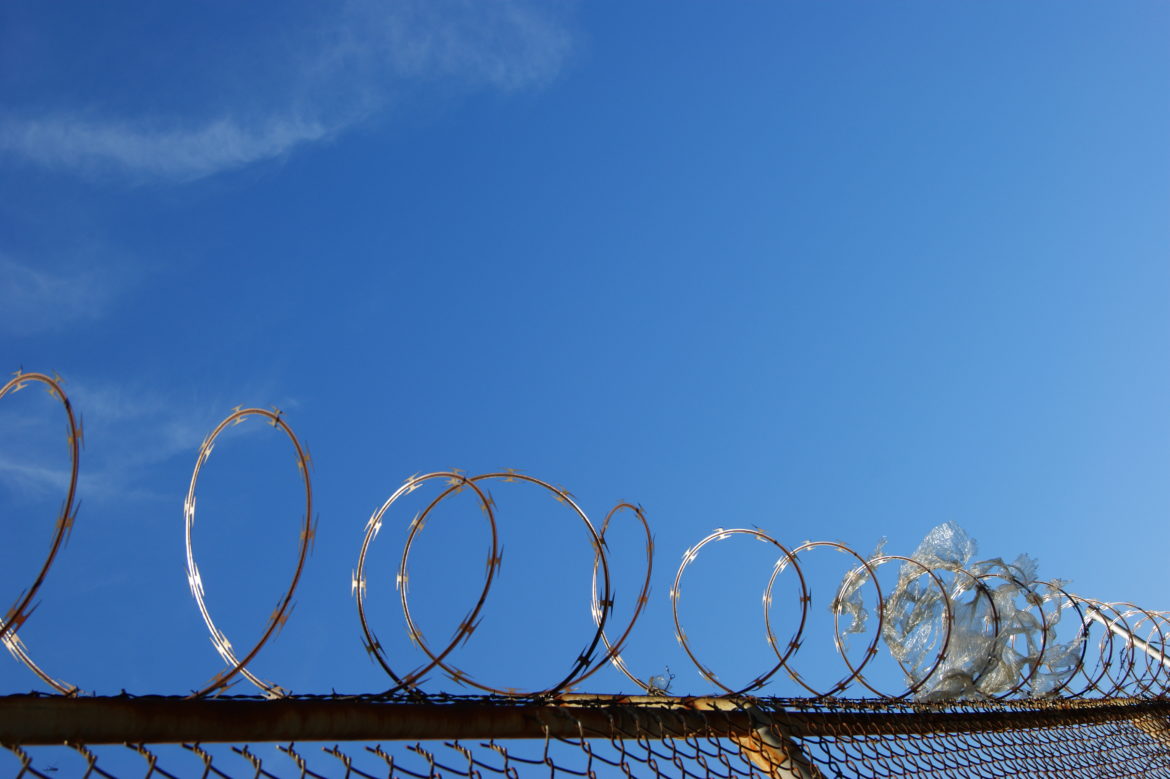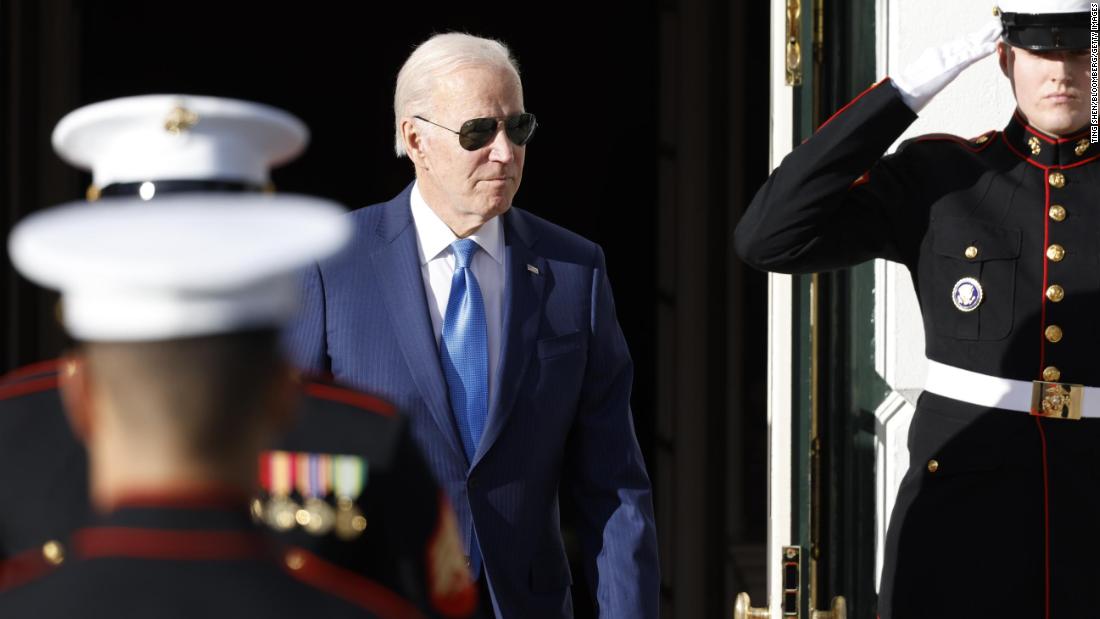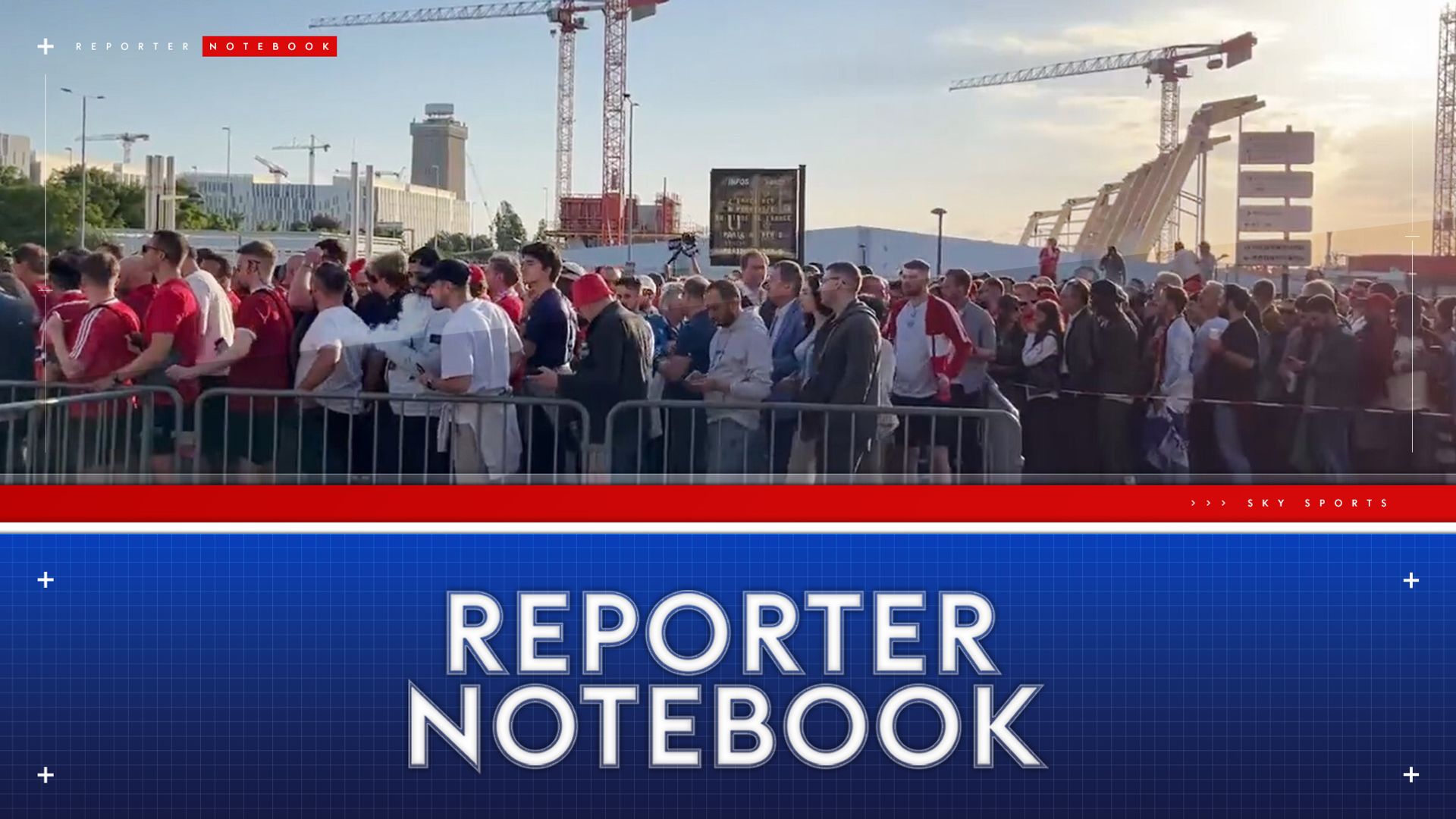Why Acting ‘Tough on Crime’ Won’t Reduce Violence
Opportunistic leaders who use the surge in violent crime to call for a return to harsher justice policies are “weaponizing” the trauma of the communities most affected by the violence, warn the Democratic leader of the Pennsylvania legislature and a Philadelphia council member.

In the last year and a half, nearly every American city has seen a tragic rise in gun violence. One obvious reason: the harsh effects of the pandemic created the ideal set of circumstances for violence to flourish.
The economy shut down, bringing historic unemployment and crushing poverty.
Programs and activities that tie our communities together disappeared. For the last 14 months, the pandemic has kept people out of schools, closed service providers and treatment programs, and shuttered houses of worship.
Most government money went to providing direct support to individuals and businesses, leaving little to no available resources for programs that ameliorate violence, like violence interruption programs and other community interventions.

Joanna McClinton
Like COVID-19 itself, the effects of the shut-down have disproportionately impacted the Black and brown communities we represent, and those neighborhoods have in turn acutely and disproportionately experienced the growing violence.
Many have decried the violence that is plaguing our communities, but many of the loudest voices have failed to identify or advocate for meaningful solutions that will actually address it. Instead, leaders of largely white-led police unions, Republican politicians, and people who rarely if ever set foot in impacted communities are seizing on devastating tragedies to renew calls for more policing and harsher criminal justice policies.
They weaponize the trauma of those who have experienced immeasurable and unrelenting pain, and demand that police receive more power over already-devastated neighborhoods and more prosecutorial authority to seek long prison sentences even for minor crimes.
They prey on people’s fear and, frequently, the media repeats their specious claims that we can only keep people safe by resorting to the tough-on-crime policies of the 1990s.
If the public truly cares about community safety and Black lives, we must take the lead from communities affected by violence, reject these politically opportunistic campaigns, and see them for what they are: an attempt to prey on our pain in a desperate attempt to maintain rapidly declining power.
Should we fall prey to these tactics, we will return to the bloated jails and prisons and harmful policing that have devastated our communities of color for decades, and we will be no safer for it.
Political ‘Opportunism’
We saw this opportunism play out this election season during the campaign for Philadelphia’s District Attorney. The race positioned our reformist DA., Larry Krasner, against Carlos Vega, a 35-year prosecutor who served under some of the most vicious administrations in the city’s history, including Lynne Abraham, America’s “deadliest DA.”
Vega spent the better part of five months blaming Krasner for our rising homicides and gun violence, promising that he would implement tougher policies that would keep our communities safe.
His biggest campaign support came from the Fraternal Order of Police (FOP), an organization that has always eschewed any police accountability and which is led by a man who once called Black Lives Matter “a pack of rabid animals.”
The Protect Our Police PAC, which sent out a fundraising email blaming George Floyd for his own death, also poured money into the race. They claimed without evidence that bail reform, the ending the war on drugs, and decriminalizing poverty had produced skyrocketing violence, and they sent out bullet-covered mailers that blamed Krasner, also without evidence, for the devastating losses in our communities.

Jamie Gauthier
The media often repeated these claims, describing the race as a choice between reform (Krasner) and safety (Vega).
Philadelphia―and especially the communities most impacted by violence―rejected this false choice. The election was not close. Krasner received twice as many votes as his opponent.
Those of us living in violence-plagued communities recognized the opposition for what it was: a power-hungry campaign that had no interest in meaningful solutions that actually decrease violence.
Neither Vega nor the FOP leadership campaigned for more investment in our communities, trauma support, job training, or funding to close the education gap that has only widened in the last few years.
Nor did they advocate for these things at any point in the last several decades, even though many of our neighborhoods have always suffered from high rates of violence.. Their attacks were transparent, and we saw them as such.
As opportunistic and power-hungry leaders try to capitalize on the pain of affected communities across the country, we must reject their exploitation and learn from the experiences of those experiencing violence.
Currently, tech billionaires and Republicans in San Francisco are trying to recall progressive DA Chesa Boudin, blaming him for every crime that is committed in a city marked by extreme housing and economic instability and ever-widening wealth disparities.
In New York City, where the NYPD has a budget of over $10 billion a year, mayoral candidates are working in lockstep with the Police Benevolent Association to call for more policing.
In Saint Louis and in Chicago, police union leaders regularly blame Black female prosecutors for rising homicides, especially during election season, asking voters to ignore that those suddenly raising the alarm are absent from budget hearings on violence prevention.
Communities experiencing violence do not need “saviors” swooping in to decry it when they have no actual interest in remedying it.
We want actual solutions.
We want leaders who understand that we need to invest in our communities, officials who are willing to roll up their sleeves and push for meaningful solutions that will have long term benefits.
People in the communities we represent deserve no less, and we hope voters across the country will not be fooled and distracted.
Rep. Joanna McClinton, the Pennsylvania House Democratic Leader, is the first African-American woman to be elected to that position. Philadelphia Councilmember Jamie Gauthier represents the Third Council District, and is a born-and-raised West Philadelphian. They welcome comments from readers.

 Landwebs
Landwebs 






















